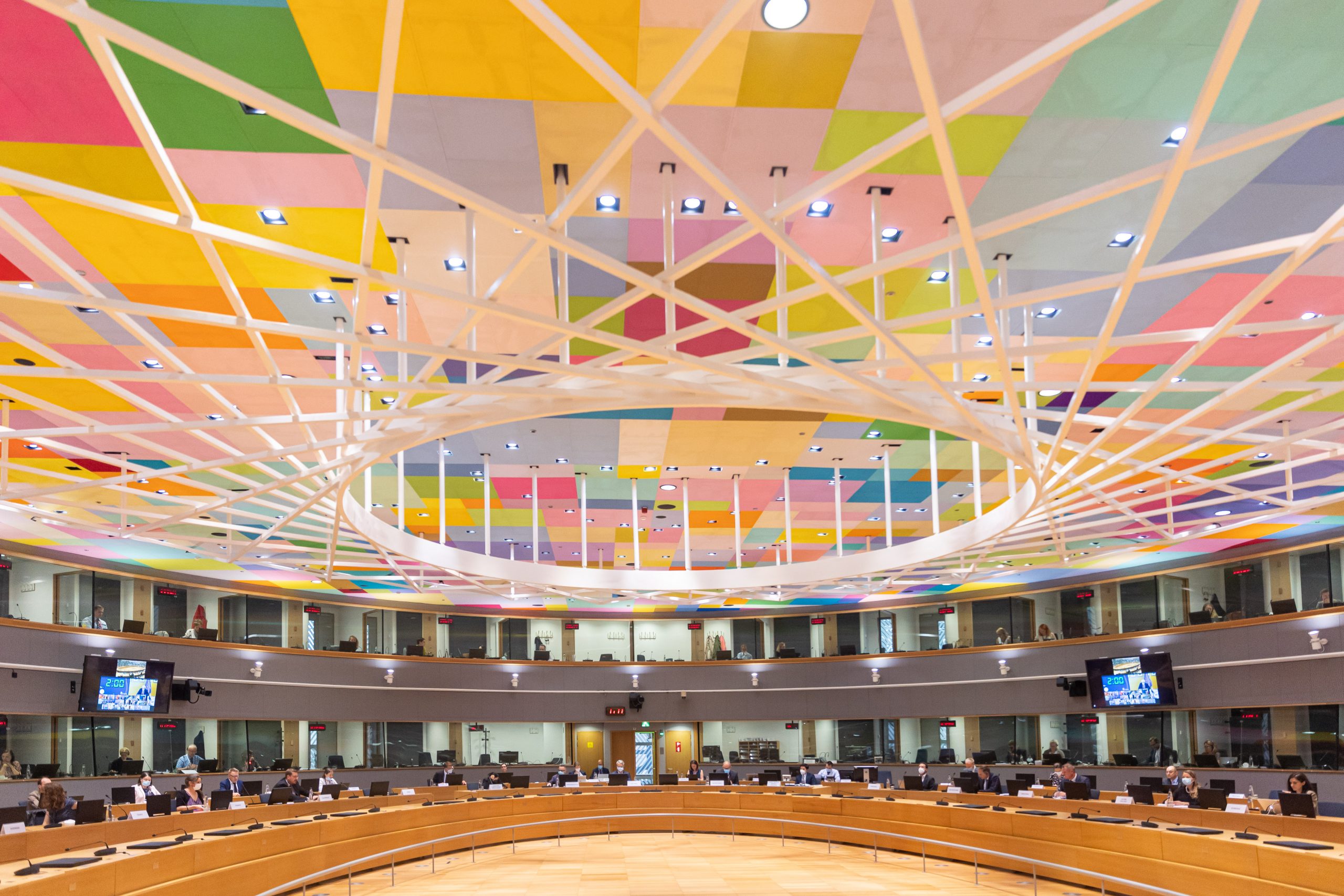Fair and effective taxation: Council adopts conclusions
 © European Union, 2020, Source: Council of the EU – Audiovisual resources
© European Union, 2020, Source: Council of the EU – Audiovisual resourcesEU member states want to ensure that EU tax policy remains fit for purpose and results in fair and effective taxation in the increasingly globalised and digitalised economy of the 21st century.
The Council today approved conclusions setting out its comprehensive assessment of the main tax policy issues to be addressed over the coming years, to shape the EU policy agenda in the field of taxation. The conclusions outline the Council’s priorities and provide guidance to the Commission in different areas of EU action, including addressing the challenges of the digitalisation of the economy, enhancing administrative cooperation between member states’ tax authorities and promoting tax good governance in the EU and beyond.
In the conclusions, the Council underlines that fair and effective taxation systems in member states are central to the sustainable recovery of the EU from the COVID-19 crisis, requiring tax policies that generate revenues for both national and EU budgets. Such systems can also support a smooth transition towards the policy goals of sustainable competitiveness, the European Green Deal and full use of the potential of digitalisation in a global economy.
The Council welcomes the significant progress made at the level of the OECD Inclusive Framework on Base Erosion and Profit Shifting (BEPS) on updating the international corporate taxation framework and confirms its continued support for this work, aimed at reaching a global consensus-based solution at the latest by mid-2021. It expresses the willingness of the EU and its member states to look into the possibilities for implementing the global agreement as soon as possible and recalls that the European Council will assess the issue in March 2021. It asks the Commission to engage on that basis in the relevant preparatory work in the Council on the way forward in line with EU law, in order to address the tax challenges of the digital economy, including in the absence of an international consensus by mid-2021.
EU member states are sending a powerful signal in support of a multilateral solution for taxing the digital and globalised economy. The Council fully supports the work of the OECD Inclusive Framework. I am confident that we can reach a global agreement by summer next year. All corporations should pay their fair share of taxes, including corporations in the digital economy. This is a question of justice and fair competition. This is also a question of sovereignty and state capacity to take action. Member states need proper financial resources to counter the coronavirus crisis effectively and to facilitate the digital and green transitions.
Olaf Scholz, Germany’s Federal Minister of Finance and Vice Chancellor
The Council also underlines the important progress made under the Council’s Code of Conduct for Business Taxation in promoting tax good governance standards in the EU and beyond, including with the use of the EU list of non-cooperative jurisdictions for tax purposes. It reiterates its readiness to continue to discuss the scope of the mandate of the Code of Conduct Group (Business Taxation) as soon as there are relevant developments at international level, but no later than by the beginning of 2022.
Another important work stream concerns administrative cooperation on tax matters, where the new EU rules on exchange of information on revenue generated on digital platforms will set an example globally. The Council welcomes the Commission’s intention to propose further amendments to the Council directive on administrative cooperation in the field of taxation, in particular with regard to the exchange of tax-relevant data for new alternative means of payment and investment, such as crypto-assets and e-money.
The conclusions also set out the Council’s views on other tax policy issues, such as modernisation of the EU value added tax (VAT) rules and further assessment of cross-border administrative cooperation in the VAT area, excise duties, and tax administration and tax compliance.
The conclusions respond to the Commission’s communications on an action plan for fair and simple taxation supporting the recovery strategy and on tax good governance in the EU and beyond, presented in July 2020.
